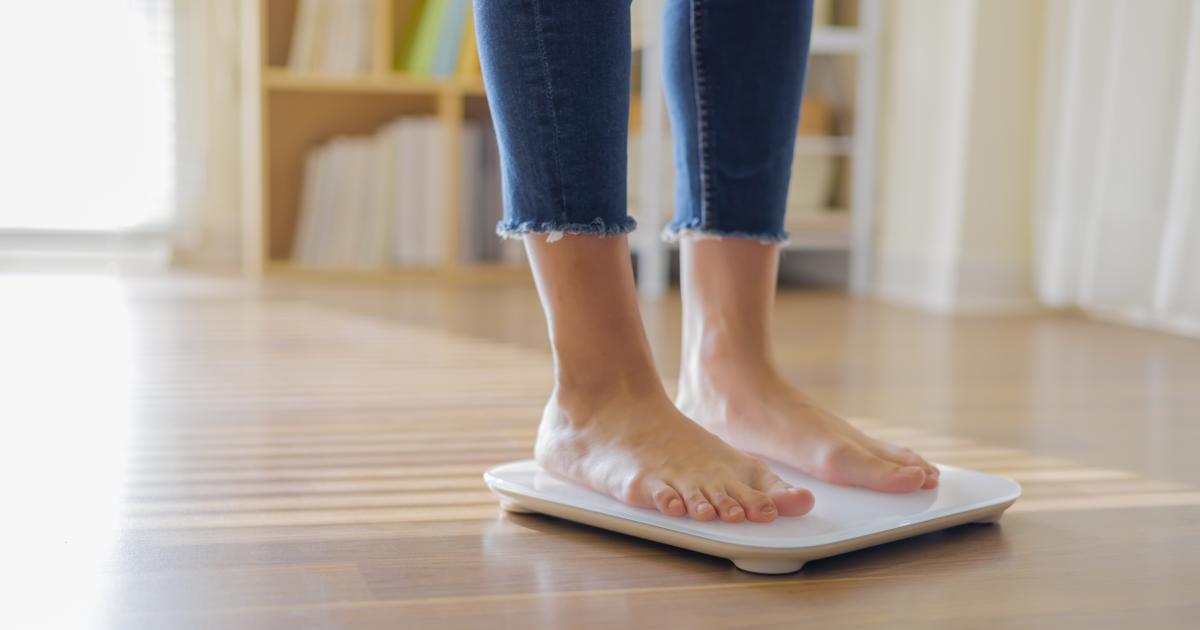
Data plays a crucial role in the battle against excess weight and the pursuit of a healthier lifestyle. In 2007, I took the initiative to buy a cheap scale and created my own graphs to track my weight loss progress after a challenging year at university. Looking back, I believe that while my past self would not be satisfied with my current fitness journey, he would appreciate the convenience and affordability of today’s automated process. So, allow me to take you on a journey to discover the best smart scale that can assist you in your personal transformation and overall health improvement.
Importantly, it’s essential to understand that weighing yourself should not define your self-worth. While there are valid reasons to monitor your weight, your focus should be on how you feel and how your clothes fit, rather than fixating on small day-to-day fluctuations. Studies have shown that frequent weighing can have negative psychological impacts, but also positive effects on weight loss progress. It’s a delicate balance, and it’s crucial to prioritize self-care and remember that success takes time.
When searching for the best smart scale, weight measurement is a top requirement. However, it’s important to note that the figures may not be as accurate as calibrated clinical scales. Instead, focus on the overall trend of your full body weight rather than isolated figures. Connectivity is another crucial factor to consider. Most scales connect to your phone via Bluetooth or your home’s WiFi network. Determine your weighing routine ahead of time and choose a scale that suits your needs. Bluetooth-only scales may only record your weight when your phone is present, while WiFi scales post your stats to a server for easy access from any compatible device. However, ensure you prioritize privacy and consider the potential risks of data compromise.
Bone density is vital for overall health, particularly as you age. While clinical tests determine bone density using low-power x-rays, high-end scales provide an approximation at home. These scales pass a small electric current through your feet, measuring resistance to identify differences in bone, fat, and muscle composition. Similarly, a scale can also measure body fat percentage and muscle mass using Bioelectrical Impedance Analysis (BIA). This measurement tests how well your body resists an electrical signal, providing valuable information for a healthier lifestyle.
Body Mass Index (BMI) calculations are commonly offered by scales, but critics argue that it is an overly simplistic and often misleading measurement. Despite its flaws, medical professionals rely on BMI to make judgments about patient care. Additionally, French health-tech company Withings offers Pulse Wave Velocity (PWV) measurement on its scale. PWV indicates arterial stiffness and acts as a marker for cardiovascular risk and other health conditions. Although these technologies have limited research, they have shown promise in providing accurate results.
Smart scale displays range from basic LCDs to color screens that can show detailed trending charts and even weather information. If you have visual impairments, choose a scale with a large, clear, high-contrast display, especially if you plan to weigh yourself in the morning before putting on your glasses or contacts. The companion app is where you’ll spend most of your time analyzing your health data, so it’s vital to choose one with a clear layout and powerful tools for progress visualization and analysis. Some companies offer premium subscriptions for additional features, such as insights and coaching, which may be worth considering.
Data portability is essential, as you’ll accumulate a significant amount of personal data over time. Ensure that your chosen scale or app platform allows you to export your data conveniently. Importing data when switching platforms can be challenging, with varying options available. The ability to output data to .CSV or .XML files is beneficial for data migration.
Consider the power source of your smart scale, as some models use disposable batteries while others have built-in rechargeable battery packs. Keep in mind the environmental and financial costs associated with battery usage. Rechargeable cells should be a standard feature, particularly for higher-end models.
In our testing, we evaluated six scales from major manufacturers. The Xiaomi Body Composition Scale 2 is a budget-friendly option with basic features but takes longer to lock on to your weight. The Fitbit Aria Air offers minimal data but is reliable and backed by a well-known brand.
In conclusion, choosing the right smart scale is crucial for your health journey. Consider your specific needs, such as weight accuracy, connectivity, bone density measurement, body fat percentage and muscle mass tracking, BMI calculation, Pulse Wave Velocity analysis, display quality, app features and subscriptions, data portability, and power source. Make an informed decision that aligns with your goals and priorities.
Denial of responsibility! SamacharCentrl is an automatic aggregator of Global media. In each content, the hyperlink to the primary source is specified. All trademarks belong to their rightful owners, and all materials to their authors. For any complaint, please reach us at – [email protected]. We will take necessary action within 24 hours.

Deepak Sen is a tech enthusiast who covers the latest technological innovations, from AI to consumer gadgets. His articles provide readers with a glimpse into the ever-evolving world of technology.

